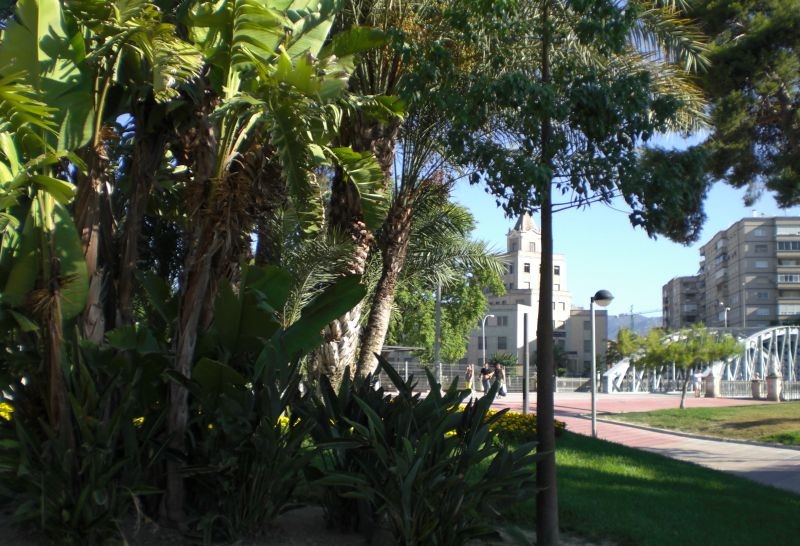The cities of Murcia and Madrid are the only provincial capitals in the country considering closing parks when temperatures exceed 40 degrees Celsius. The primary reason is that enormous branches of species such as Ficus macrophylia may represent a threat to the population.
Summer branch drop (SBD) is the failure of a tree’s vascular system, which causes irrigation to stop and the branch to dry out and fall. It reveals itself unexpectedly in seemingly ordinary trees. Summer branch drop has been examined by many specialists over the years, but it gained popularity in Spain in 2015, when famous agricultural engineer Pedro Calaza released a scholarly essay named “Summer Branch Drop (SBD).” “Concept and characteristics.”
According to this study, this phenomenon occurs throughout the summer or following a prolonged period of heat and drought. However, on page 46, it is stated that it is impossible to comprehend “the role or importance of the parameters that intervene in one way or another, such as temperature, the presence or absence of wood defects, the orientation of the branches, and their final weight.” As a result, scientists disagree that heat is to blame for this phenomenon. However, when temperatures are above 44°C, the Murcia City Council rule requires the closing of parks and gardens. When the Aemet forecast predicts a tropical night with temperatures exceeding 24°C, it activates the warning. This caution applies only to areas with huge ficus trees, such as the Floridablanca Garden in Barrio del Carmen.
Pedro Sánchez, a professor and researcher in botany at the University of Murcia, states that Pedro Calaza’s article “caused a lot of social alarm.” He further explains that while it is true that in some years branches have collapsed after episodes of heat waves and torrid nights, the real causes remain unclear. In his perspective, the cracking of tree branches in the summer is due to the high drying temperatures generated by humidity.
This article is often used by administrations “as a quick excuse when they have a broken branch in an important tree,” says agricultural engineer Francisco Medina, who worked for over 30 years in the parks and gardens service of the Murcia City Council. “But the reality is that after that article, the relationship between that high temperature and the production of that embolism in the vascular system of the tree and the result of the fracture has not been certified.”
Protection of citizens
Medina believes that the closure of parks and gardens due to heat is being utilised as a precaution to prevent risks to the population and will eventually be implemented in other cities. However, he feels that if the trees were well cared for during the less hot months, the parks and gardens would not have to be closed. For this expert, not doing so would imply doing nothing to resolve the issue or “doing just enough to cover the record.” Medina claims that “the large ficus trees in Floridablanca cannot be inspected from a crane.” The interior of the tree can only be accessed by specialised specialists. They must also be accompanied by significant programs that identify problematic species and give further care. The maintenance initiatives are manifestly insufficient; they are those of a third-class city, not one as significant as Murcia.”
The Murcia City Council’s Councillor for Urban Development and Smart Cities, José Guillén, confirms that the trees in Floridablanca are the best-cared-for in Spain, with 300 people working daily, and “they are inspected weekly” and even “receive visits from expert arborists who inspect each tree inch by inch, three times a year.” He further claims that, while Pedro Calaza’s essay, which he describes as “a reference,” states that heat is not the primary reason of tree branches dropping, “scientific theories remain just that: theories.” And this is the most widely acknowledged rationale within the international scientific community. In response to the closure of parks and gardens, he states, “The first thing is that people are safe, which is why so much effort is put into inspecting the trees.” He emphasises Murcia’s advanced status in this regard, describing the city as a gardening benchmark.
A municipal parks and gardens technician claims that in his more than 30 years of work, there have been “always once or twice a year” incidents of tree limbs falling, and they invariably occur during the hottest months.








No Comment! Be the first one.